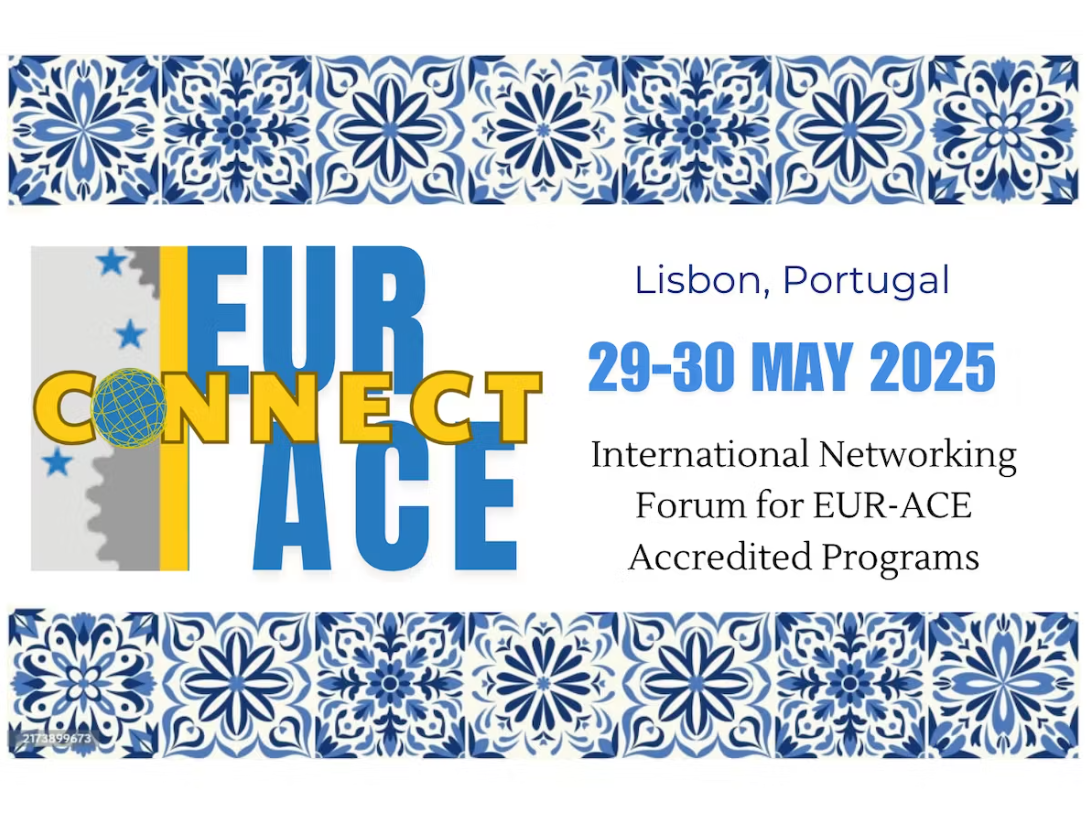International Networking Forum for EUR-ACE Accredited Engineering 2025 The forum will feature an engaging blend…
SEFI Debate 2017
‘Is Engineering accreditation a force for quality or unnecessary oversight?’
Executive Summary
The topic of the 2017 SEFI Debate was the value of accreditation for higher engineering education. Invited speakers were professor Anne Marie Jolly, chair of the SEFI Working Group on Accreditation and vice-President of CTI (the French Accreditation Agency) and Mr. Denis McGrath, vice-president from the European Network for Accreditation of Engineering Education (ENAEE), the European organization for the authorization of accreditation to agencies in the field of Engineering (EUR-ACE label) and an information provider on accredited degree programs to employers, students and the general public.
Prof Jolly emphasized that accreditation has evolved from an authoritarian review act into an approach built on trust (respect for cultural diversity, taking into account a wide variety of educational laws and regulations and structures of institutions), and a focus on learning outcomes rather than syllabi. An important question is the relation between accreditation and innovation.
Mr. McGrath added to the conversation by defining the role of ENAEE in the accreditation process. ENAEE authorizes accreditation and quality assurance agencies to award the EUR-ACE label to engineering degree programs.
In the lively debate that followed several important topics were discussed. It was clear that learning outcomes are rather difficult to measure and therefore to use in the decision-making process for accreditation. Also, the criterion of a job after school cannot be used to assess learning outcomes as Europe is very heterogeneous and jobs and salaries differ very much.
Accreditation and the accreditation process should be a driver for both innovation and continuous improvement, whereas it in practice is sometimes more a barrier. There is a clear need for a better integration of innovation issues in the accreditation process.
The general feeling was that there are many good practices in the area of accreditation, but there is a need for adequate communication about the process, and the tools are missing to fully profit from accreditation.
The conclusion was then that SEFI should play a more pro-active role to support the improvement of the process by cultivating the communication and exchange with partners as ENAEE as its own networks of institutions.
